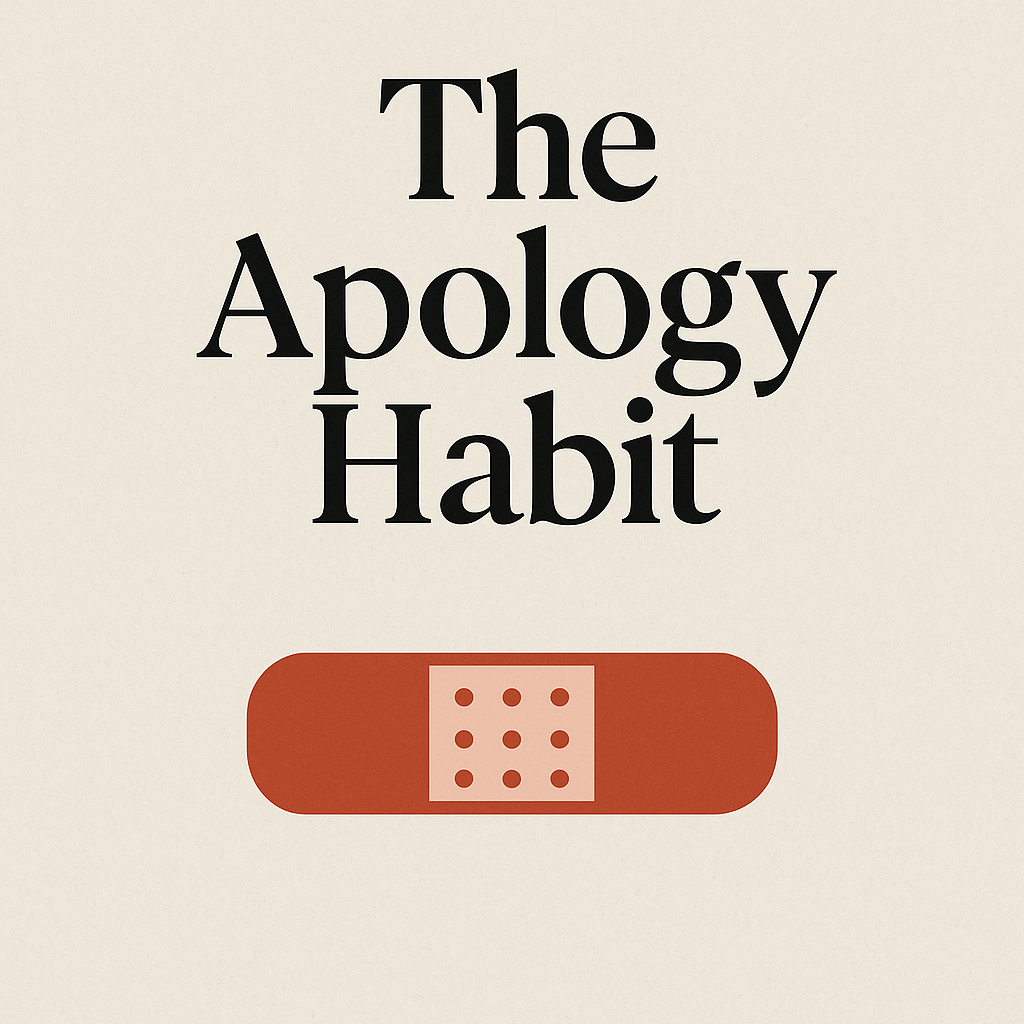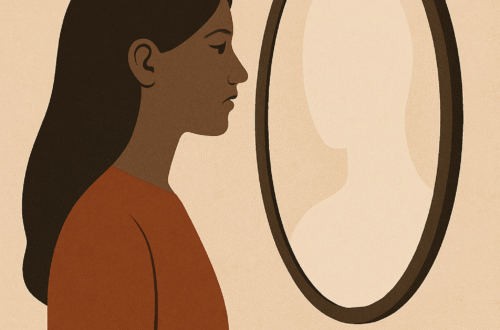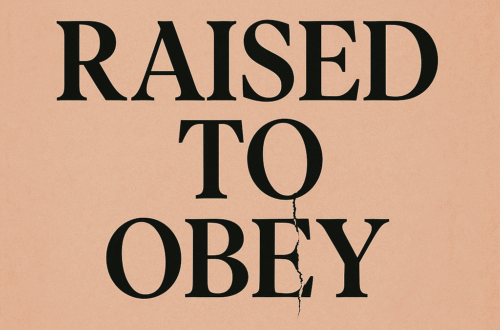We say “sorry” when we bump into someone.
“Sorry” when we speak up.
“Sorry” when we take up space.
“Sorry” just for existing.
Sound familiar?
If you’re anything like me—or like the many women conditioned to be agreeable, small, and self-sacrificing—you’ve developed a reflexive relationship with the word sorry. It slips out before you’ve had a chance to ask yourself: Am I really sorry? Or am I just afraid to be seen?
The Anatomy of an Apology Habit
Over-apologizing is more than a speech pattern. It’s a symptom of deep social conditioning. For many of us raised to be “good girls,” apologizing becomes a tool of survival. A way to avoid conflict, deflect attention, or signal submission.
We apologize to soften our intelligence.
To preface our opinions.
To compensate for ambition.
To ask for less.
To need less.
But here’s the thing: every unnecessary apology chips away at your voice. Your agency. Your presence.
The Link Between Apologies and Shrinking
The constant need to apologize is often accompanied by an unconscious shrinking:
• Shrinking your volume so you don’t sound “too loud” or “too much.”
• Shrinking your opinions so you don’t come off as “difficult.”
• Shrinking your needs so you don’t become a “burden.”
It’s not just linguistic—it’s physical. Emotional. Spiritual.
And this shrinking isn’t humility. It’s erasure.
Where It Comes From
Most of us weren’t born apologizing for breathing. We were taught. Through:
• Praise for being “well-behaved”
• Correction when we were “too assertive”
• Teachings that framed meekness as godliness
• Shame disguised as modesty
These messages told us that our worth was tied to our likability. That our power was dangerous. That obedience was love.
So we learned to be small. And to be sorry for everything that made us big.
The Cost of the Habit
What’s the real cost of chronic apologizing?
• Opportunities not taken
• Needs left unmet
• Boundaries constantly crossed
• Relationships that thrive on your silence
• A deepening disconnection from your own truth
When “sorry” becomes your default, it prevents you from showing up authentically. It keeps you invisible, even in your own life.
So, How Do We Unlearn It?
Here are a few starting points:
1. Notice When You Apologize
Keep a journal or make a mental note throughout the day. Are you apologizing for your existence, or for a real harm?
2. Replace “Sorry” With Strength
Try saying:
• “Thank you for your patience” instead of “Sorry I’m late.”
• “I’d like to add something” instead of “Sorry to interrupt.”
• “I need some time” instead of “Sorry for asking.”
3. Ask Yourself: What Am I Really Apologizing For?
Is it discomfort? Guilt? Fear of rejection? Understanding the root helps you break the pattern.
4. Practice Taking Up Space
Say it louder. Sit with your back straight. State your opinion without cushioning it. Your presence isn’t a disruption—it’s a declaration.
Final Thoughts
There’s nothing wrong with a genuine apology. It’s a sign of empathy and accountability. But when apologies become habitual, compulsive, or protective—they’re no longer serving connection. They’re serving suppression.
Unlearning the apology habit is about more than changing your vocabulary. It’s about rewriting the story of your worth.
You are not here to be palatable. You are not here to be invisible. You are not here to apologize for being you.
With heart,
Silondile🌷





